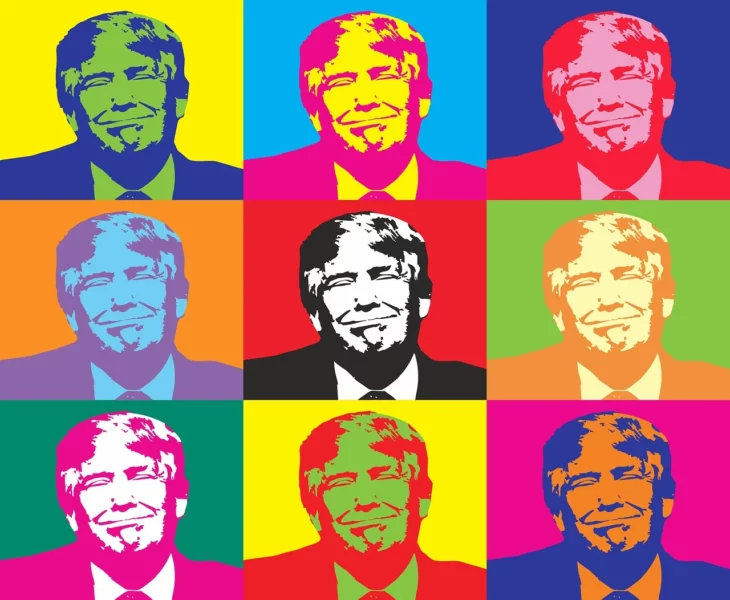Congress has reached a historic low in evidence-based political rhetoric, with lawmakers increasingly relying on personal beliefs rather than facts when making their case, according to groundbreaking research analyzing nearly a century and a half of congressional speech patterns.
The international study, led by the University of Konstanz and published this month in Nature Human Behaviour, examined more than eight million speeches delivered on the floor of the U.S. Congress between 1879 and 2022. Researchers tracked the use of evidence-based language versus what they term “intuition-based” rhetoric, revealing a troubling decline in fact-based discourse since the mid-1970s.
“In many democracies, there is currently much concern about ‘truth decay’: the blurring of the boundary between fact and fiction, not only fuelling polarization but also undermining public trust in institutions,” explained lead author David Garcia, a professor of social and behavioural data science at the University of Konstanz.
The research team developed a sophisticated text analysis method to measure what they call the Evidence-Minus-Intuition (EMI) score. Positive EMI scores indicate language rooted in evidence, facts and data, while negative scores reflect rhetoric based on feelings, instincts and personal values.
After tracking the relative usage of both language types, researchers discovered a consistent pattern: from 1879 through the early 20th century, congressional rhetoric maintained a relatively stable balance between facts and intuition. This balance began shifting toward more fact-based discourse in the 1940s, peaking in the mid-1970s before beginning a steady decline that has continued to the present day.
The timing of the decline coincides with several significant developments in American politics, including rising partisan polarization, growing economic inequality, and notably, the introduction of televised congressional proceedings through C-SPAN in 1979.
Perhaps most concerning, the researchers found strong correlations between the decline in evidence-based language and several indicators of democratic health. As fact-based rhetoric decreased, congressional productivity plummeted, partisan polarization increased, and income inequality widened.
“One remarkable aspect of our results is the strong association between evidence-based language and performance,” noted co-author Professor Stephan Lewandowsky, Chair in Cognitive Psychology at the University of Bristol. “The more speeches in Congress reflect a reliance on evidence and facts rather than intuition, the better the performance of Congress and the less polarization between parties. Conversely, the increasing reliance on intuition-based language since the 1970s has been associated with a decline in performance and increasing polarization. Clearly it matters how politicians use language in the legislature.”
While both major political parties have experienced this downward trend, the study revealed that Republicans have shown a particularly steep drop in evidence-based language since 2021.
To conduct their analysis, researchers first identified representative keywords linked to each language style. Evidence-based language included words like “analyze,” “data,” “findings,” and “investigation,” while intuition-based language featured terms such as “point of view,” “common sense,” “guess,” and “believe.”
The research builds on earlier work by Jana Lasser, now Professor of Data Analysis at the University of Graz, who studied linguistic patterns in Twitter posts by members of Congress between 2011 and 2022. “Even during this period, there was a change in the argumentation style,” Lasser explained. “Personal beliefs gradually gained in importance and were increasingly presented separately from scientific facts.”
The study authors suggest several factors that may be driving the shift away from evidence-based rhetoric. These include increased party control over who speaks on the congressional floor, changes to congressional rules and procedures, the expansion of executive power, and perhaps most significantly, the influence of media coverage that encourages performative speech aimed at capturing attention rather than advancing substantive policy discussions.
While the findings paint a concerning picture of the current state of political discourse, the researchers emphasize that understanding these trends points to potential solutions. “Initiatives such as those promoting collaboration and communication across partisan boundaries can contribute to rebuilding a more robust democratic discourse,” they note.
The study concludes with a challenge that resonates beyond the halls of Congress: “Ultimately, the challenge lies in having a Congress (and, by extension, a deliberative public) where truth is valued, polarization is in check and legislative outcomes reflect the diverse needs of the citizens.”
If our reporting has informed or inspired you, please consider making a donation. Every contribution, no matter the size, empowers us to continue delivering accurate, engaging, and trustworthy science and medical news. Independent journalism requires time, effort, and resources—your support ensures we can keep uncovering the stories that matter most to you.
Join us in making knowledge accessible and impactful. Thank you for standing with us!

